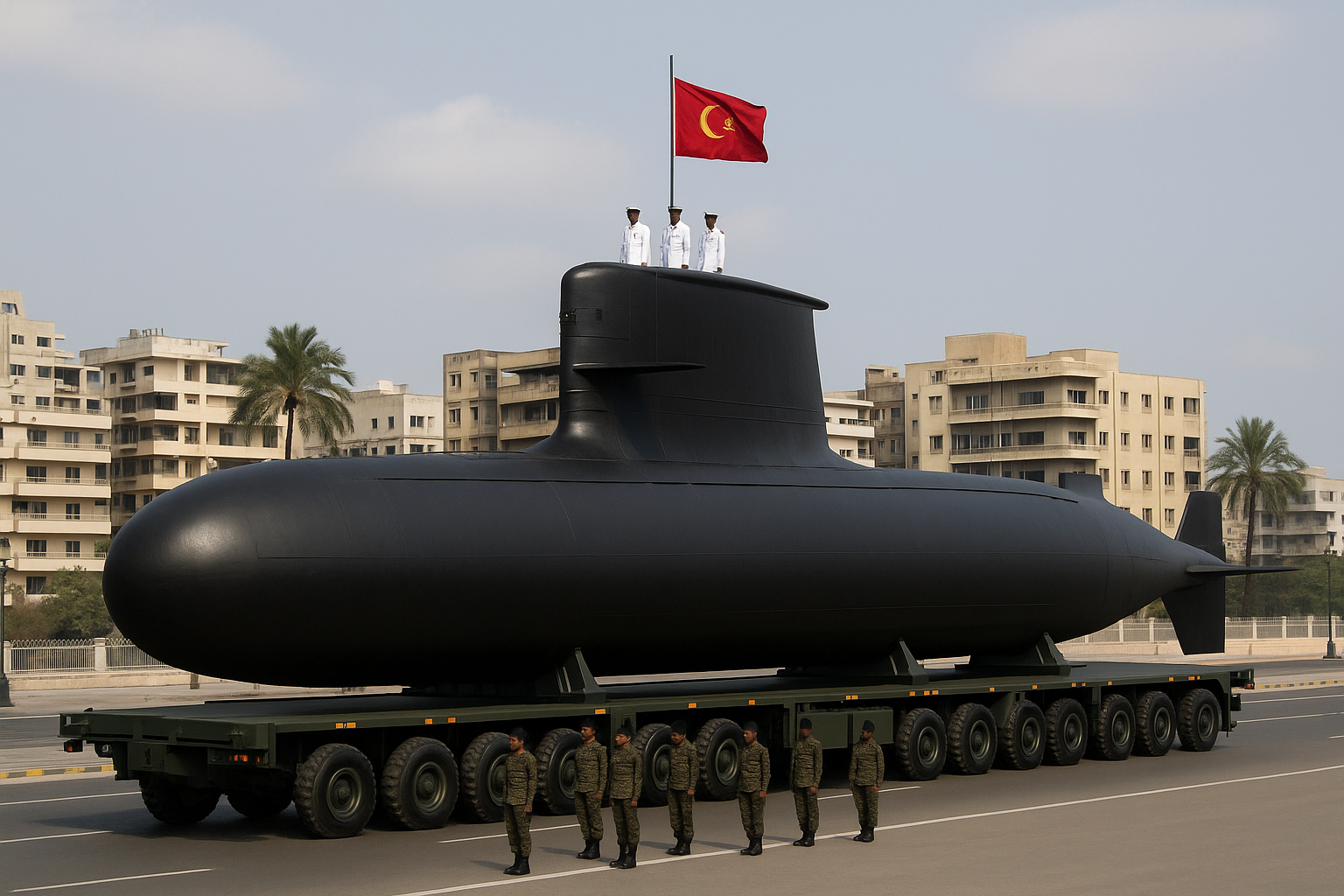It is no secret that Pakistan is run by its military, not the civilian government, unlike in India. Hence, it is not surprising that there is no transparency in the country’s defence deals.
For example, the pricing for Pakistan’s purchases of frigates, corvettes, and submarines is not transparent and is often kept concealed. This secrecy is part of a larger, systemic lack of transparency in the country’s military procurement, which has fuelled accusations of corruption and kickback schemes. Major naval deals are signed without public disclosure of funding, purchase terms, or the total cost. Procurement is handled through opaque channels.
The Pakistani navy has a history of corruption scandals. The most well-known case is the “Karachi affair” or Agosta Submarine scandal of the 1990s. It took place during the administration of the then prime minister late Benazir Bhutto, involving the presidencies of François Mitterrand and Jacques Chirac in 1992–97.
The scandal involves the 1994 purchase of three Agosta-90B submarines by Pakistan from the French state-owned defence company DCN (now Naval Group). The investigators found that millions in kickbacks were paid to Pakistani naval officers and politicians to secure the €826 million contract. The payments were channelled through intermediaries, including French officials who allegedly used some of the funds for a domestic political campaign.
The scandal came to light in 1997 after a Pakistan Naval Intelligence investigation exposed the then Chief of Naval Staff, Admiral Mansurul Haq, for receiving large sums of money. Haq was later extradited from the US and, in a plea deal, admitted to receiving kickbacks in return for a fine.
The French government also launched an investigation, resulting in the conviction of several officials. The scandal is also linked to the 2002 Karachi bus bombing, in which 11 French engineers working on the submarine project were killed. Some theories allege the attack was retaliation for France’s decision to cancel remaining kickback payments.
Despite the Agosta affair, some analysts state that the practice of using opaque pricing and preferred sellers with undisclosed commissions has continued.
More recently, Pakistan’s 2015 deal with China for eight Hangor-class submarines (which is supposed to replace the Agosta subs) has been viewed with suspicion due to a lack of transparency. The contract is one of the largest naval projects in Pakistan’s history, with an estimated worth of $4 billion to $5 billion.
The terms of the deal and its financing have never been disclosed to Pakistan’s parliament or the public, raising questions about potential corruption. Analysts note that this opacity resembles the conditions that enabled the Agosta kickbacks.
These high-profile cases are part of a larger pattern of corruption in Pakistan’s military acquisitions. Military procurement often lacks transparency and civilian oversight, creating an environment ripe for corruption. Although the military claims to deal directly with foreign governments, it often uses a network of middlemen and retired officers to manage contracts and receive kickbacks.
Audits from Pakistan’s Auditor General have repeatedly flagged financial irregularities within the defence sector, but these findings rarely lead to meaningful reforms or accountability. For example, the Pakistan Navy initially covered up the Agosta corruption case before being exposed by its own intelligence. Though some officials were later convicted, the scandal demonstrated a lack of public accountability and transparency in defence purchases.
Military-linked commercial entities, such as the Bahria Foundation, operate with special legal status that protects them from external government oversight. This allows them to operate with minimal transparency regarding their commercial dealings, which may include naval contracts.
In the past, internal investigations into corruption have been reportedly covered up or suppressed to protect the armed forces’ public image. When corruption is exposed, accountability is often limited to a few high-ranking individuals, while the systemic issues remain unaddressed.
Audits have repeatedly flagged financial irregularities and questionable expenditures within the defence sector. Military expenditure, including naval acquisitions, continues to rise despite Pakistan’s precarious economic situation. This spending, often funded by foreign loans, redirects resources away from essential public services such as education, healthcare, and infrastructure, which ultimately impacts the welfare of taxpayers.
Significant naval projects, like the Hangor-class submarines, are financed largely through Chinese loans, embedding leverage and increasing Pakistan’s national debt. This debt burden is shouldered by taxpayers through various means, including increased taxation.
The Pakistan Navy marked the launch of its third Hangor-class submarine at Wuhan’s Wuchang Shipyard on August 15, 2025. For naval officials, the event was a milestone in modernisation, showcasing progress on the country’s largest underwater warfare programme. For many Pakistanis, however, it was a bitter contrast: billions spent on foreign-built submarines at a time when households face soaring food inflation, rising electricity tariffs and shrinking purchasing power.
Pakistan is doing a huge disservice to its people by maintaining secrecy over its defence deals with countries like China. But the country’s military cares less, while the civilian administration remains mum as a puppet of the military, it wants to remain in power. Hence, it won’t dare to take on the men in khakis. Those who do are imprisoned, like former PM Imran Khan.

